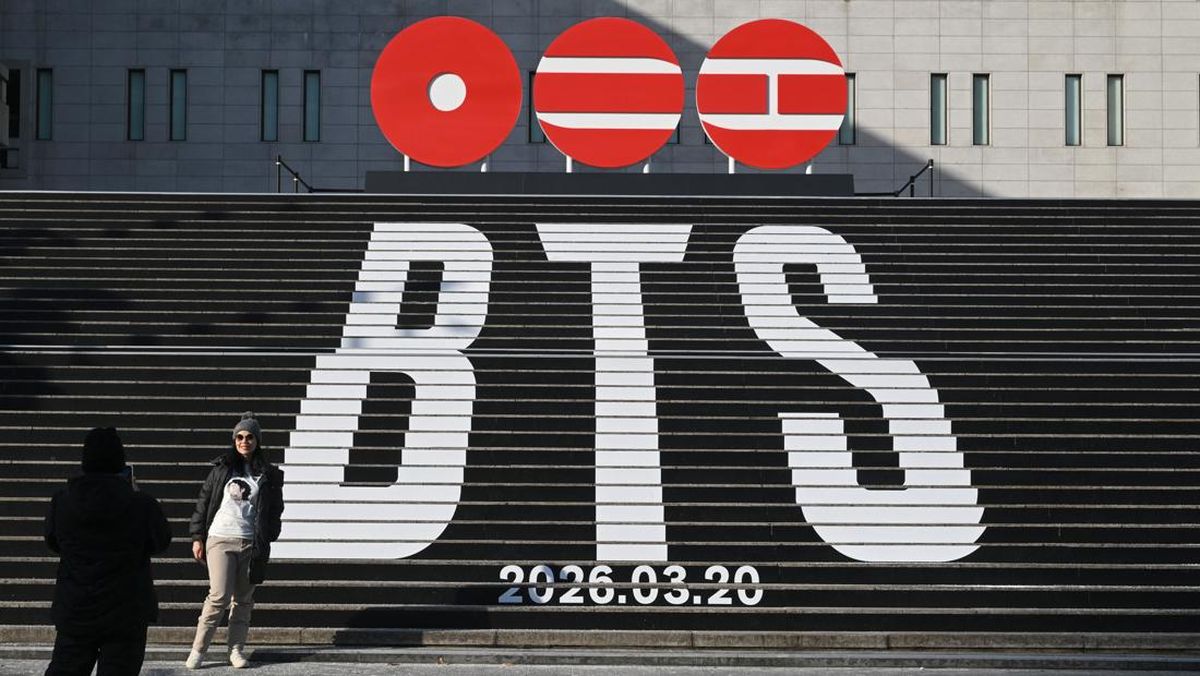Opinion
November 28, 2025 — 5.01am
November 28, 2025 — 5.01am
Some time ago, I was told after a job interview that an organisation would love to hire me but suspected I’d be bored in the job they were offering. I took their advice and didn’t pursue the opportunity any further. Looking back, they were right – it had not been quite right for me.
Then it happened again recently. They used the words “wouldn’t be stimulated”. But this time it was different. For one, the position description was detailed, and I was confident that the job wouldn’t bore me. And, the second thing was, this wasn’t a friendly warning - it was them telling me why I hadn’t got the job.
I appreciated the honesty of the hiring manager the first time. But the second time I was a bit annoyed. Obviously, organisations can choose whoever they want, but isn’t it really up to me whether I think a job would be boring or not?

‘You’ll be too bored’ is becoming an increasingly common rejection for jobseekers.Credit: John Shakespeare
Your story – and particularly the part about appreciating the honesty of the first hiring manager – reminds me of similar advice a friend received many years ago while looking for a new job.
He was told the role he was going for probably wouldn’t give him the chance to exercise his obvious creativity. They said they thought he was the stand-out candidate, but felt duty-bound to warn he might feel stifled in the role he had applied for.
That was a long time ago, and I still think their approach was commendable – although with an important qualification. My response was very much influenced by my friend’s reaction. He, like you in your first experience, realised the prospective employer had been exactly right: it wouldn’t have been a job he would truly enjoy.
Calling someone up and saying not much more than “We don’t think you’ll be stimulated – goodbye” can only lead to frustration.
And I’m influenced in the same way by your second experience. Because you look back and can see that, no, this job would have kept you challenged and interested, I’m ambivalent about the hiring team’s handling of your rejection.
The first thing to say is that there’s a chance this was just someone dissembling, hiding the hiring panel’s true thoughts simply to avoid a difficult conversation. If that’s true, that’s really disappointing for you.
As a friend in HR said the other day, people in this field have incredibly challenging discussions with people every day; they shouldn’t be afraid to tell the truth in a recruitment process.
Loading
You’ve sent me exactly what was said to you as best as you can remember it (we won’t print it here for obvious reasons) and my guess is that they were being genuine, but perhaps didn’t put enough thought or effort into their explanation. It reads to me as thin and abrupt. I can see how you found it dissatisfying.
In this current climate, where ghosting is commonplace, it’s easy to feel that you’re lucky simply for getting a reply – any reply. But I think we should expect much better than this from those responsible for hiring.
And while I think the possibility of post-‘honeymoon’ apathy is a legitimate reason to be iffy on a candidate, I also think it’s a rationale that needs a particularly careful explanation. It isn’t like other common justifications for not a hiring a person.
“You don’t have quite the coding skills we’re looking for” or “We found someone with more experience in the not-for-profit sector” are both pretty open-and-shut cases. In fact, it’s arguable that not beating around the bush is preferable when delivering this kind of rejection.
“You might get bored” is, as your question points out, a subjective concept. Now, the organisation, having created the role and interviewed candidates for it, may have a better vantage point than you from which to make a judgement.
But that doesn’t mean they should treat it like a maths equation for which you came to the wrong answer. Elaboration is crucial. Calling someone up and saying not much more than “We don’t think you’ll be stimulated – goodbye” can only lead to frustration.
Even if the employer’s mind was made up, you had every right to expect a discussion rather than a blunt “no” couched in oblique flattery.
Send your Work Therapy questions to [email protected]
Most Viewed in Business
Loading


















































